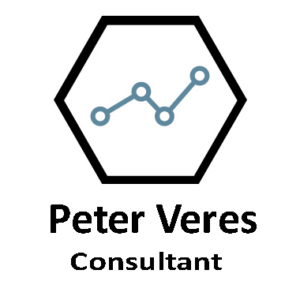Steps For Starting Your Own Business
Starting your own business can be an exciting and rewarding venture, but it requires careful planning and execution. In this article, we will outline essential steps to guide you through the process of launching your own business successfully. By following these steps, you can increase your chances of building a thriving and sustainable enterprise.
- Develop a Business Idea
Every successful business starts with a solid idea. Begin by identifying your passion, skills, and interests. Conduct market research to identify gaps or untapped opportunities. Analyze your target audience and determine their needs and preferences. Brainstorm ideas that align with your strengths and have potential for growth. Refine your business concept by considering factors such as market demand, competition, and profitability. Your idea should be unique, feasible, and capable of solving a problem or fulfilling a need in the market. - Create a Business Plan
A well-structured business plan is essential for guiding your entrepreneurial journey. It acts as a roadmap, outlining your business goals, strategies, target market, financial projections, and operational details. Your business plan should include an executive summary, company description, market analysis, organizational structure, product or service offering, marketing and sales strategies, and financial forecasts. This document will not only serve as a blueprint for your business but also help you secure funding, attract investors, and make informed decisions throughout the startup phase. - Determine Your Business Structure and Register
Choose the appropriate legal structure for your business, such as a sole proprietorship, partnership, limited liability company (LLC), or corporation. Research the legal and tax implications of each structure and select the one that best suits your needs. Register your business name with the relevant authorities and obtain any necessary permits or licenses. Open a business bank account to keep your personal and business finances separate. Consult with an attorney or accountant to ensure compliance with all legal and regulatory requirements. - Secure Funding
Determine the financial requirements of your business and explore funding options. This could include personal savings, loans from family and friends, bank loans, venture capital, crowdfunding, or government grants. Prepare a detailed financial plan, including startup costs, operating expenses, and revenue projections. Use this information to approach potential investors or lenders. Be prepared to demonstrate the viability and potential return on investment of your business to secure the necessary funding to launch and sustain your venture. - Establish a Professional Network
Build a network of professionals and mentors who can provide guidance and support throughout your entrepreneurial journey. Attend industry events, join relevant business organizations, and connect with like-minded individuals in your field. Seek advice from experienced entrepreneurs who can share their insights and lessons learned. Surrounding yourself with a supportive network can help you navigate challenges, gain valuable knowledge, and open doors to potential partnerships, customers, or investors. - Develop Your Brand and Market Your Business
Create a strong brand identity that reflects your values and resonates with your target audience. Design a compelling logo, website, and marketing materials. Develop a comprehensive marketing strategy that encompasses online and offline channels, including social media, content marketing, search engine optimization (SEO), and traditional advertising methods. Leverage digital platforms to reach your target market effectively and engage with potential customers. Continuously monitor and refine your marketing efforts based on feedback and data analytics to maximize your business’s visibility and attract customers.
Starting your own business requires careful planning and execution. By following these essential steps, you can lay a strong foundation for your entrepreneurial journey. Remember to remain flexible, adapt to changing circumstances, and seek continuous learning and improvement.
